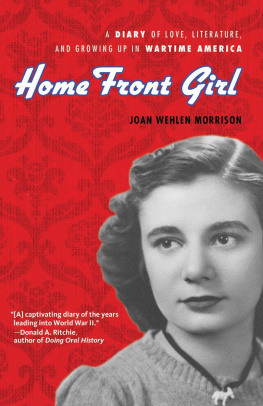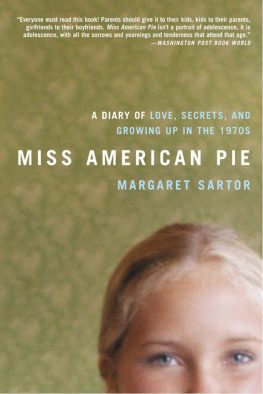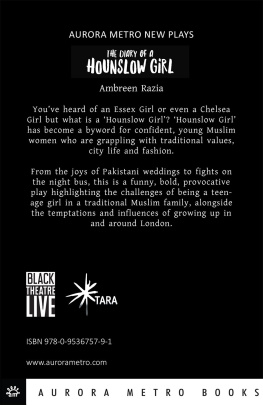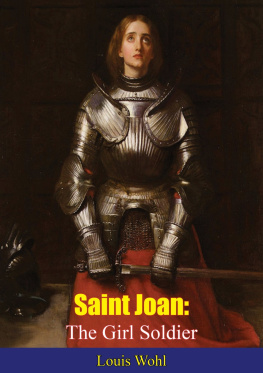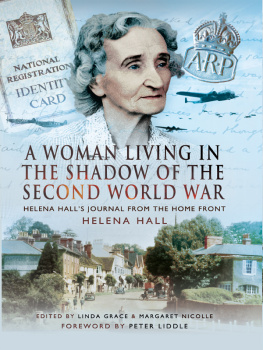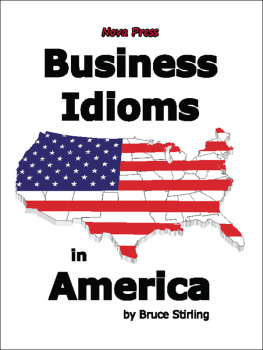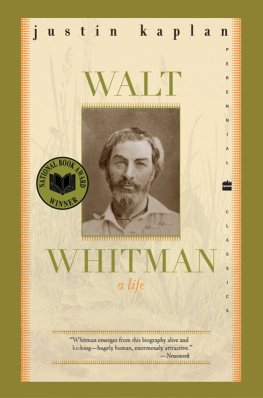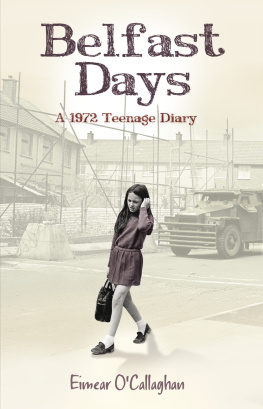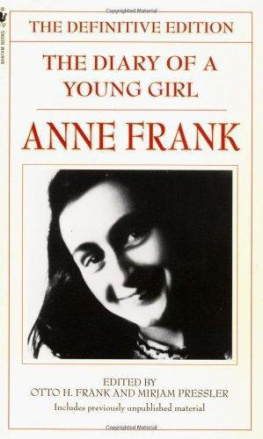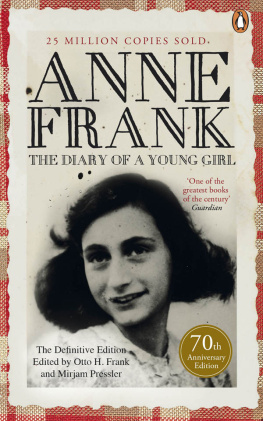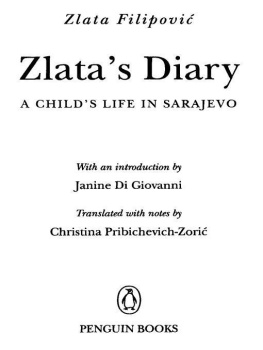

Copyright 2013 by Susan Signe Morrison
All rights reserved
First edition
Published by Chicago Review Press, Incorporated
814 North Franklin Street
Chicago, Illinois 60610
ISBN 978-1-61374-457-4
Interior design: PerfecType, Nashville, TN
All interior images from the authors collection.
Library of Congress Cataloging-in-Publication Data
Morrison, Joan.
Home front girl : a diary of love, literature, and growing up in wartime America / Joan Wehlen Morrison ; edited by Susan Signe Morrison. 1st ed.
p. cm.
Includes index.
ISBN 978-1-61374-457-4
1. Morrison, JoanDiaries. 2. Morrison, JoanChildhood and youth. 3. SchoolgirlsIllinoisChicagoDiaries. 4. Chicago (Ill.)Social life and customs20th century. 5. World War, 1939-1945United States. 6. Chicago (Ill.)Biography. I. Morrison, Susan Signe, 1959- II. Title.
F548.54.M67A3 2012
977.3042092dc23
[B]
2012027068
Printed in the United States of America
5 4 3 2 1
To my mother, Joan, whose cheer, humor, wisdom, and loving presence abide.
I miss you.
Saturday, December 28, 1940
The worlds not going to come back the way it was.
London is brave somehowburning and huddled in shelters, yet walking also in the unlighted streets.
London is Troy. Everyone is wrong, nobody is right: Berlin is Troy too.
Paris is fallen. Where is Helen? Oh, world!
Contents
Preface
M ore than 70 years ago, the United States entered World War II after the bombing of Pearl Harbor on December 7, 1941. In this book, one voice allows us to eavesdrop on what everyday Americans thought and felt about that conflict.
After my mother, Joan Wehlen Morrison, died in 2010, my two older brothers and I found hundreds of poems and journal entries she had composed, starting from when she was nine years old in 1932. Not seen in seven decades, this time capsule allows us to witness the life of a young American girl growing up in Chicago in the wake of the Depression, with World War II nearing and, later, beginning.
Readers have an abiding interest in normal peoples lives during extraordinary times. The great popularity of historical fiction, period films, and even lines of dolls that embody different eras attests to this fact. The published diary of a real American girl living in the late 1930s and early 1940s, however, is unique. As most of the participants who experienced World War II are aged or dead, discovering a fresh voice from that period adds a new dynamic to a time that has long been closed to us.
Home Front Girl contains a large selection of Joans journal entries, which are identified by datethe years 1937 to 1943and ordered chronologically as she ages from 14 to 20. Some journals are missing, including her first one and another from September 1939 through November 1940. The ones we found contain much more than what you see here. How did I choose which sections to transcribe and make public? One of my goals in editing was to include passages I felt were of historical interest, but I also picked those that retained Joans humor and philosophical outlook. And, given Joans poetic temperament, I kept some that were, quite simply, stylistically beautiful.
Spelling errors have been corrected (though some preferred spellings of the era, such as faery rather than fairy, are left intact). Minor style inconsistencies have been standardized for ease of reading, and some words or lines within individual entries have been cut in the service of concision. Joan also used a lot of ellipses; I have retained them when she used them to indicate emotional reflection or the passage of time but deleted them if they proved distracting. Otherwise, the text has been left exactly as Joan wrote it. The illustrations that decorate these pages are Joans own.
In addition to uncovering her diaries, we found a great deal of poetry that parallels her personal love life and the war, as well as short stories that were written both during and after the war years. A small selection of these writings are included here, but more can be accessed at www.homefrontgirldiary.com.
This volume contains the reflections of a teenage girl living in a historically fraught time. The only daughter of a working-class Swedish immigrant with socialist political convictions and his wife, Joan was born in Hinsdale, Illinois, on December 20, 1922, but grew up in Chicago. Like many girls of working-class families, she found employment herself, most regularly as a camp counselor every summer. She also volunteered at various organizations, such as Billings Hospital and the House of Happiness, where she taught nature study to children. As a scholarship student at the University of Chicago junior college (junior and senior years in high school) and then as an undergraduate at the U of C from 1940 to 1944, Joan was an intelligent, humorous, insightful, self-mocking, and pensive reader of her times and the people around her. Her diary gives us an impression of certain aspects of cultural and psychological importance not readily seen in history books. Joan weaves personal reflections on love, nature, and God with commentary on contemporary political events.
Habitually late for school, Joan shows her navet throughout her diary. For example, she indicates sympathy for Charles Lindberghs isolationism before the entry of the United States into the war. She interweaves the hijinks of her high school and college crowd with insights into cultural events. She hears radio shows (no television then!) and goes to the movies quite often (no streaming films on her computer). Her love life is that of a typical teenagershe realizes when she is experiencing a silly crush and relates how various passions peter out or develop into necking.
Joan offers us more than mere historical color. She alternates between being a flighty teenager and a budding poet; she falls passionatelyand frequentlyin love; she makes fun of herself yet reflects seriously on political crises, nature, religion, and poetry. Her reactions to world events can be profound reflections on the impending death of her generation. As early as 1937, Joan believes that the year 1940 will be a decisive year in history. A pacifist, she learns to bandage for the Red Cross and works in a factory inspecting cans for the war. Joans passion for classical literature and culture enables her to see the bombings of London and Berlin as examples of another Troy, the city tragically besieged by the ancient Greeks in Homers epic, The Iliad.
Her school notebooks, which she kept while she was an undergraduate at the University of Chicago from 1940 to 1944, likewise contain information about a young adults life in the early 1940s. Found tucked in between the covers were two pamphlets, one on Wartime Canning of Fruits, Vegetables. The other, from the Association of American Railroads in Washington, DC, warns, Dont Waste Transportation: [A] large part [of the Pullman sleeping cars and passenger coaches] are assigned to troop serviceand the armed forces have first call on all the rest. Plan aheadavoid weekends and holidaystravel light. Joan copied over detailed instructions on how to knit Mens Heavy Gloves, as knitting was one way that girls could support the war effort.
Not all the information in her notebooks is utilitarian. In psychology class on January 19, 1943, after notes about Pavlovs dogs and conditioned responses, Joan wrote, Dog gets neurotic if compelled to make too fine a distinction. Me too. Then she drew a picture of a dog salivating. Amongst her scribbles about John Donnes poetry, igneous rocks, and Aztec gods are doodles of girls heads and dresses, the actress Dorothy Lamour, and an anthropologist gone native in his sarong. She also played hangman and calculated her menstrual period. In May 1943 she even jotted down, below her English poetry homework, a list of 34 boys she dated, starting from when she was in elementary school. (Joan wrote this list shortly before her wedding to my father, Robert Bob Thornton Morrison. He is noted near the bottom.) There are numerous messages to her friend Betty Crawford. These entries vary from the frivolous (Look at the long haired lad in the row ahead and Oh, this is deadly, evidently concerning a boring lecture in history class) to the conversational (Are you going to Northwestern next quarter?) to the epic (Germany Declared War This Morning!!!).
Next page
